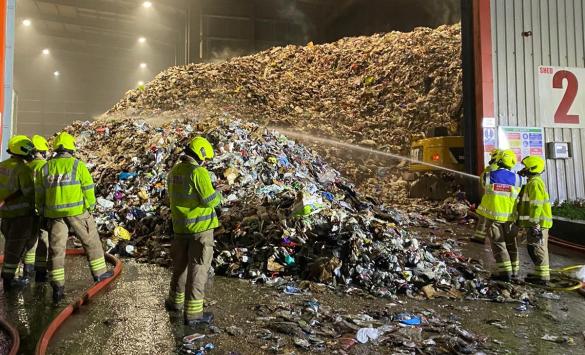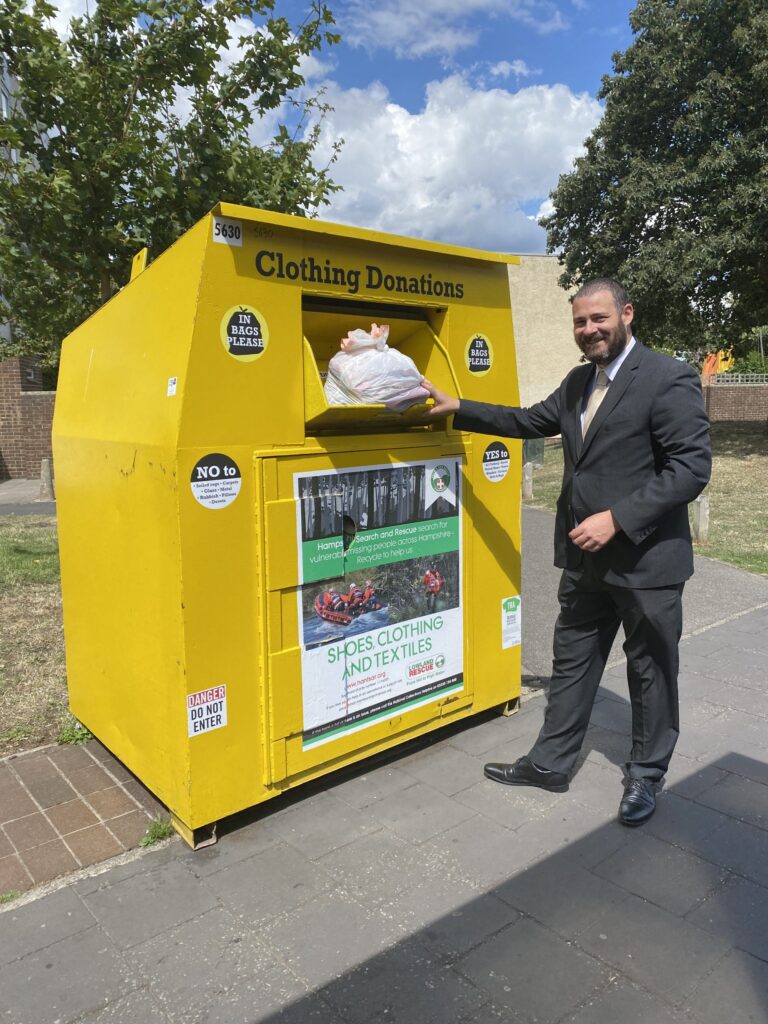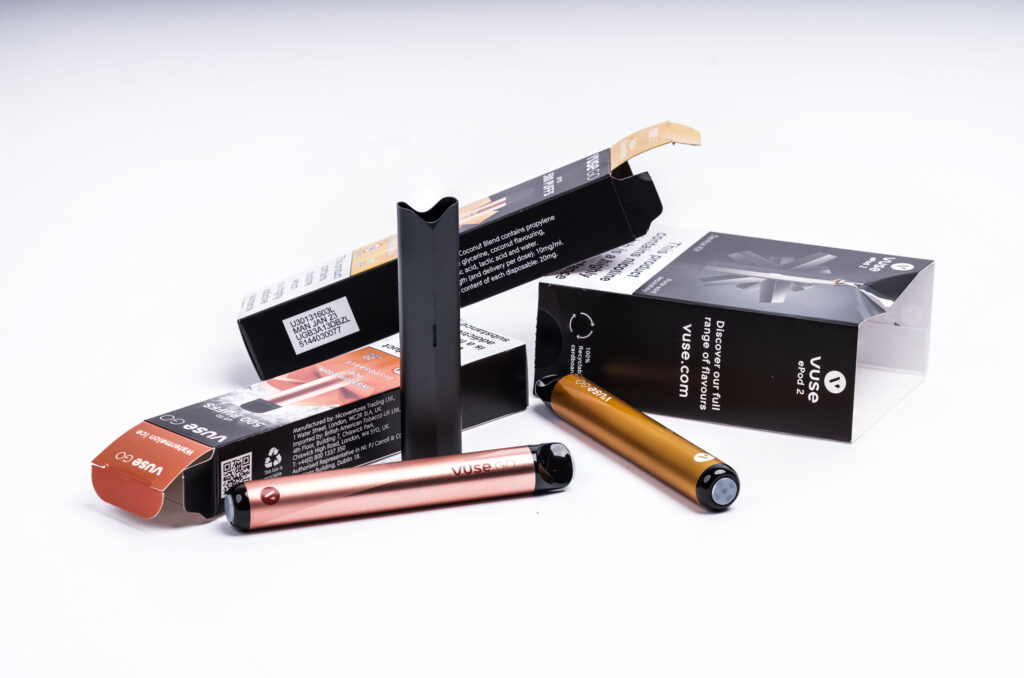His comments come as the metal recycling and dismantling industry continue involvement in talks with the government and car manufacturers over how to implement the end-of-life vehicle directive.
Speaking recently on BBC radio world service, Mr Sutcliffe said the industry could handle the cars required to be recycled under the directive on behalf of the manufacturers.
“The industry could certainly move on from an industry where we trade metal to becoming very much a service-based industry where we start providing services for car manufacturers and any company that manufactures a product that has an end of life obligation.”
European Metal Recycling, the UK’s largest metals recycler, also considers that there are major changes ahead. Andrew Mason, EMR’s environmental controller, said: “We very much see the industry moving to not only doing all the recycling but to offering a range of services such as data collection and de-pollution. This will be in various sectors, from ELVs, electronic goods through to oil rigs. We will be managing the obligations on their behalf.”
There is considerable debate among car manufacturers as to whether or not a single company, currently called ELV UK, should organise the whole of the vehicle recycling process on behalf of the manufacturers.
Monopoly fears
But, the idea is thought not to have found favour with the Department of the Environment, Transport and the Regions because it could become a monopoly.
Instead manufacturers appear more likely to choose to let contracts on a company by company basis although some alliances may be formed. These are likely to be for large sums of money as the costs of ELV recycling are thought likely to be between 100-200 per car with at least 50 of this needed per car to cover depollution costs.
Peter Stokes of VW and spokesman for CARE, a collaborative project involving the main UK motor vehicle manufacturers/importers and vehicle dismantlers, said at this point that ELV UK is “purely seen as an administrative and research organisation.” It would also carry out other work such as auditing levels of recycling.
If ELV UK is not set up, some of its proposed work could be handled by the Society of Motor Manufacturers and Traders.
Such work would include research into more efficient ways of recovering the cars ass well as data collection which is currently undertaken through the ACORD group. The research could then be used by the car manufacturers to ensure that the metals recycling industry used the most up-to-date techniques.
Research is important because of the need to drive up collection of material from the shredder residue. Currently about 50% of this is collected as non-ferrous metal.
As reported on letsrecycle last month, discussions with the Office of Fair Trading are expected shortly over what remit a single body such as ELV UK could have.
And, further developments could see packaging compliance schemes such as Valpak offering to run ELV UK.











Subscribe for free